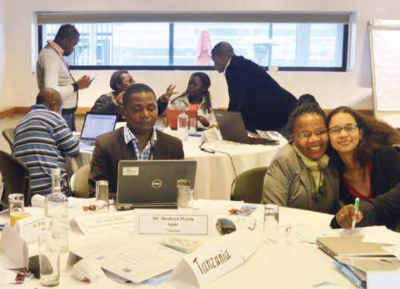
Read the full impact case study here
STRIVE researchers have conceived and applied an innovative way to estimate the economic value of structural interventions to reduce HIV vulnerability.The STRIVE approach, called ‘co- financing’ addresses a central concern: upstream interventions may prove effective in studies but how to finance them after that? STRIVE’s answer: share the cost between sectors in proportion to the benefits per sector.The co-financing approach:
-
raised immediate interest in the field
-
has accrued significant conceptual and practical credibility
-
was integrated in South Africa’s HIV andTB investment case to the Global Fund and the country’s National Strategic Plan
-
is the basis for guidance to national governments in UNDP implementation trials in seven sub- Saharan African countries and in policy-maker training modules
STRIVE achieved this impact through a two- pronged strategy: proof of concept with on the academic and conceptual level, along with demonstrations of feasibility. Factors behind the impact include:
-
the reputation and networks of leading STRIVE researchers and economists
-
presentations and plenaries at high-level forums
-
the multi-disciplinary and cross-sectoral nature of the consortium’s work and strategies



